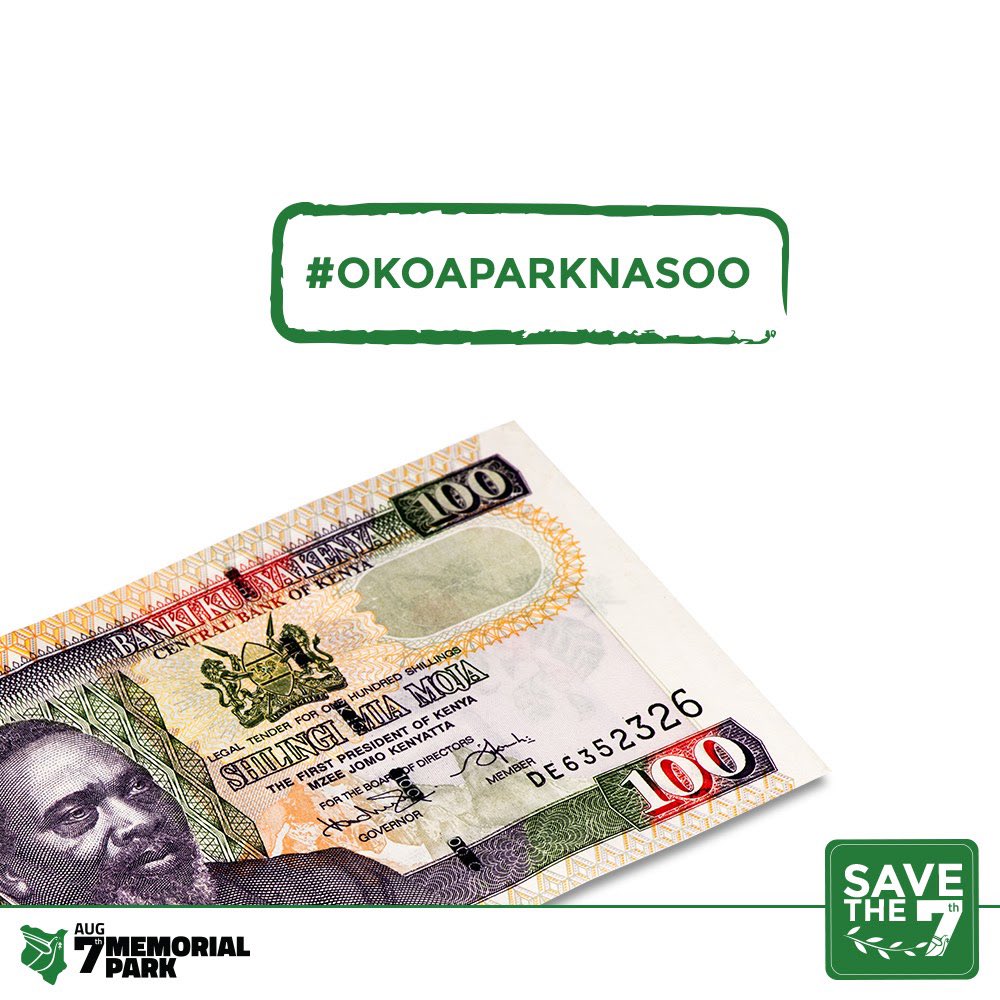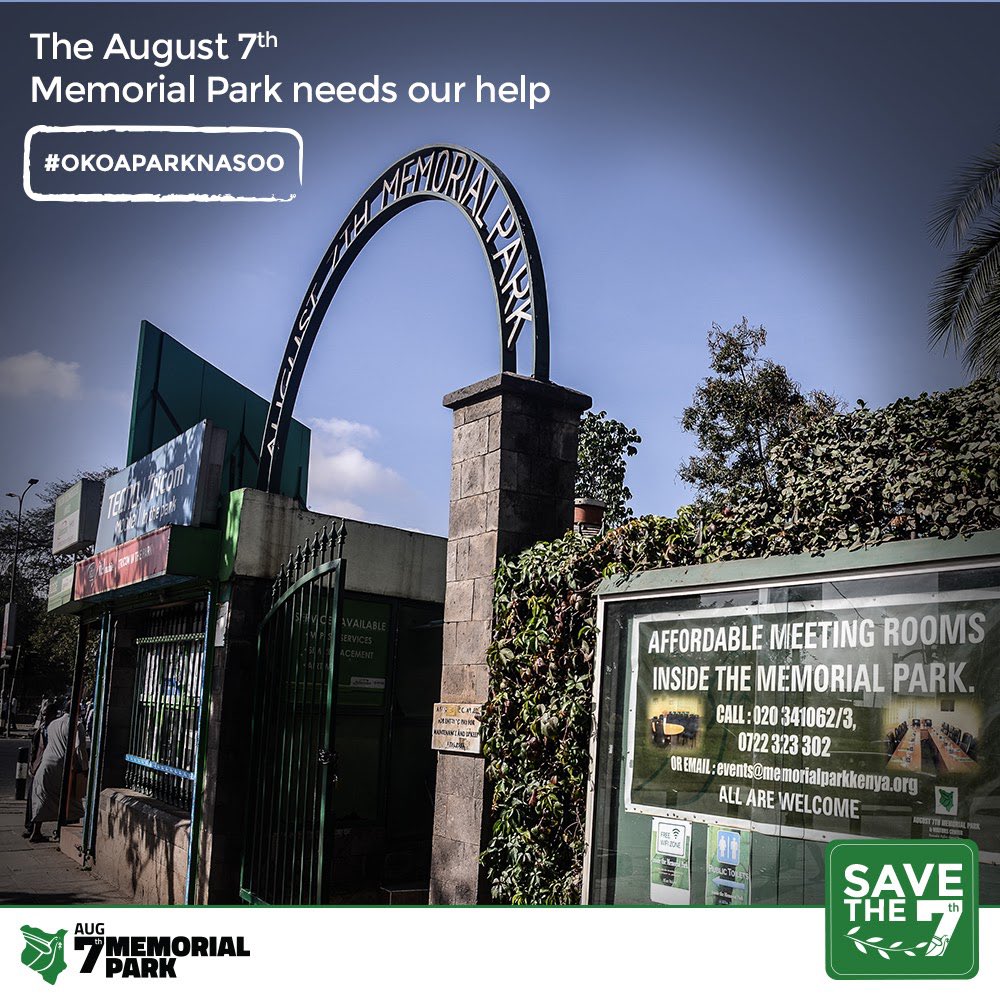
#HistoryKeThread: Today marks 52 years since Thomas J. Mboya was assassinated in downtown Nairobi. He died aged only 39. 

But even before he reached the age of 29, Mboya was a widely travelled leader. At the age of 28, and by virtue of being Chair of All-African People's Conference, Mboya visited the United States in 1959 on a five-week tour.
He criss-crossed the vast country addressing in some cases no fewer than five meetings a day. His audience was largely made up of students, civil rights leaders and labour officials.
During the Africa Freedom Day celebration in New York, over 2,700 people paid up to hear Mboya speak. Days later, at a packed Rackham Auditorium in Detroit, an estimated 1,000 people were turned away as there was no more space to accommodate them.
In all those places, Mboya spoke fervently about African self-rule, and also about emancipation for all blacks, including African-Americans.
Some sources say a number of organisations offering large honoraria for Mboya to speak were turned down. The man from Rusinga Island had a packed calendar.
During the trip, Mboya also held talks with U.S Vice President Richard Nixon (right). He also attended a luncheon organised at the United Nations by U.S. civil rights leader Ralph Bunche. 

Other people that Mboya met included Senators Hubert Humphrey and John F. Kennedy as well as envoys from Ghana, Israel, Tunisia, Indonesia and Guinea. 

During the Africa Freedom Day celebrations, Mboya was asked if Africa was ready for self-government.
His verbatim response was follows:
His verbatim response was follows:
"The question is not will Africa be free. The question is how and when. The African need not explain or justify his demand for self-government. This is a basic human right of all people everywhere….
…..there are many problems that newly independent states have but these problems can be faced better in freedom. Under colonial rule, development must essentially be based on the interest of the colonial power rather than those of the indigenous people….
….. in Ghana, the percentage of children attending school has risen in five years from about 20% to 85%. Under self-government we can make mistakes and learn from them. But under colonial rule, we cannot learn from mistakes because they're not ours...."
<end quote>
<end quote>
Have a mistakes-free week, everyone.
• • •
Missing some Tweet in this thread? You can try to
force a refresh











